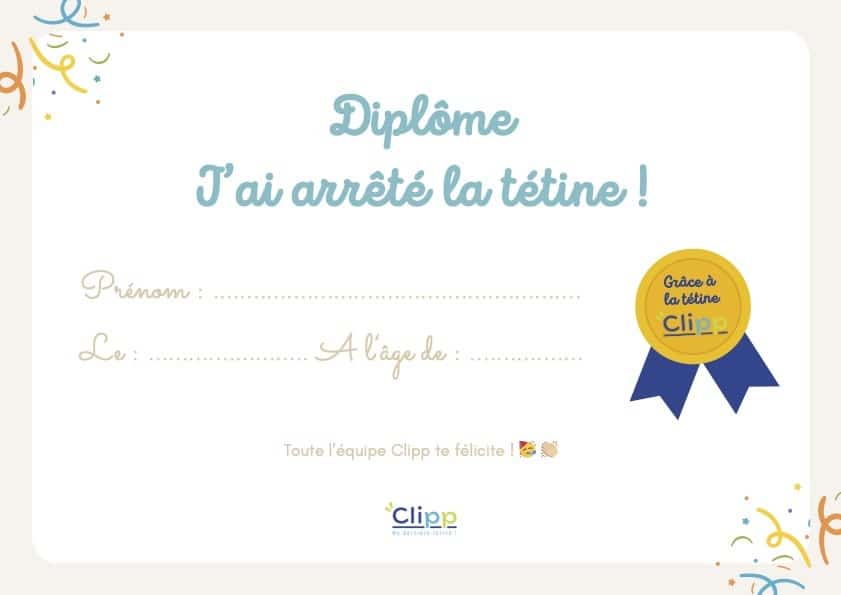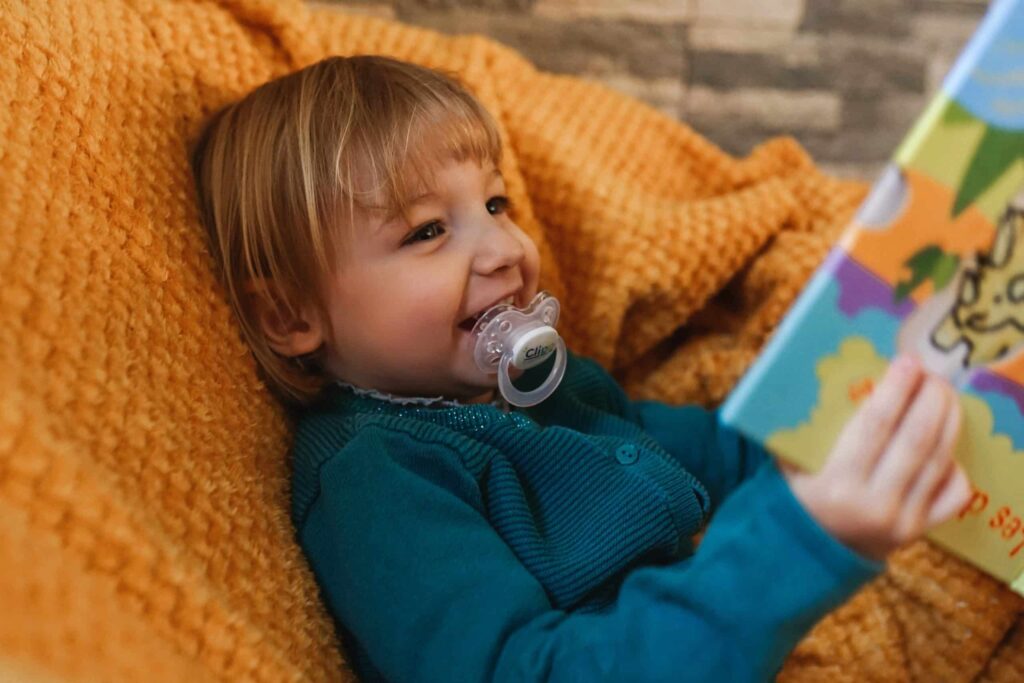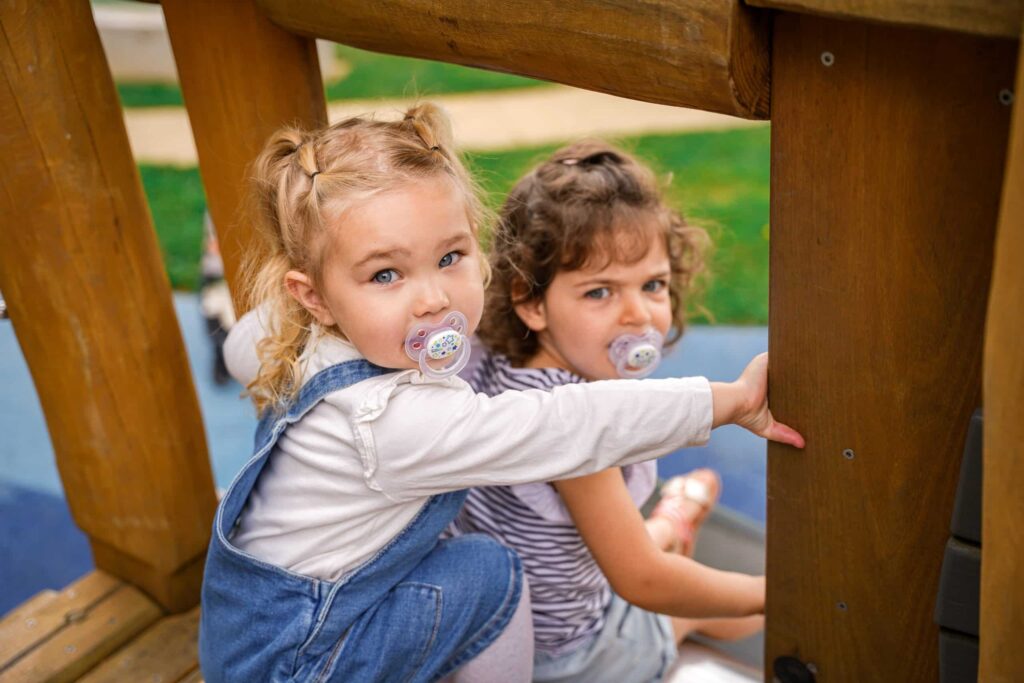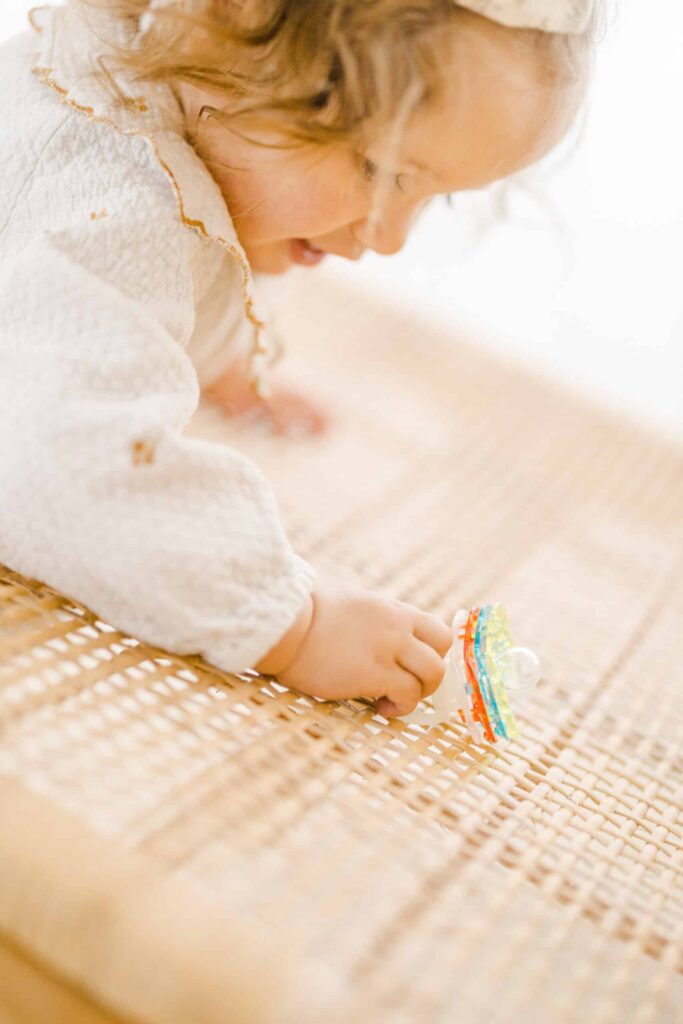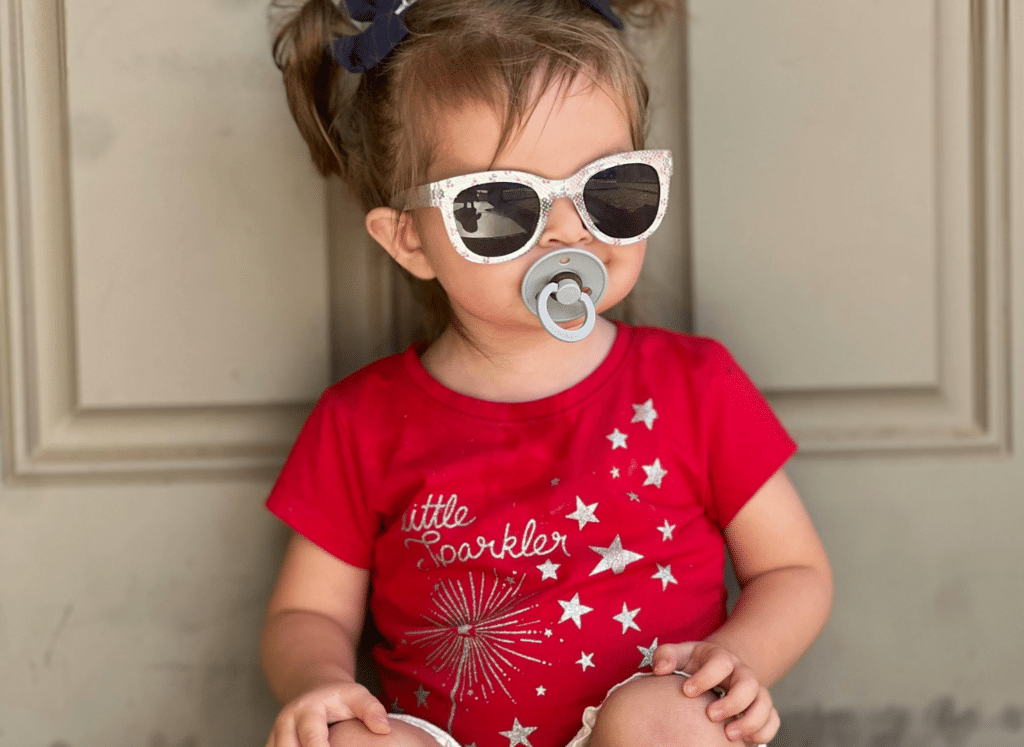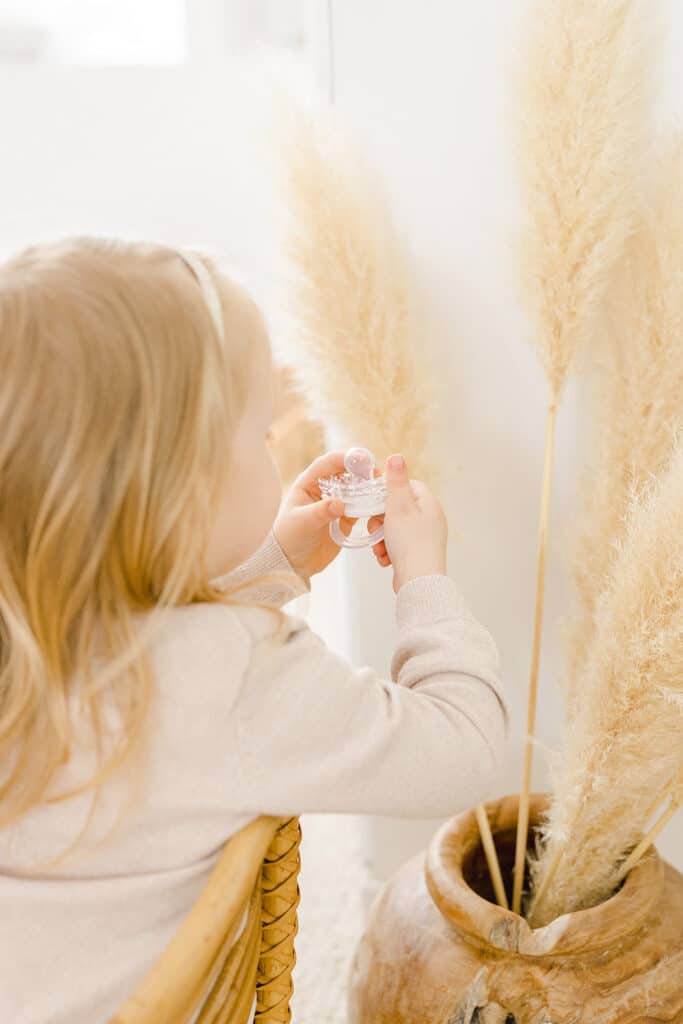Development of teeth
Prolonged use of a dummy can have a negative impact on the development of a child’s teeth (as can sucking a thumb for too long). Dummies can cause deformities of the jaw and teeth, such as malocclusions or tooth displacement. Removing the dummy from your child from the age of 2 minimises these risks and promotes healthy dental growth. It may also reduce the need for costly orthodontic treatment in the future.
Improved speech
Dummies can interfere with language development in young children. Constant sucking can restrict tongue and lip movement, which is crucial for the formation of sounds and words. By removing the dummy, children have more opportunity to practise and perfect their language skills, which is essential for their cognitive and social development.
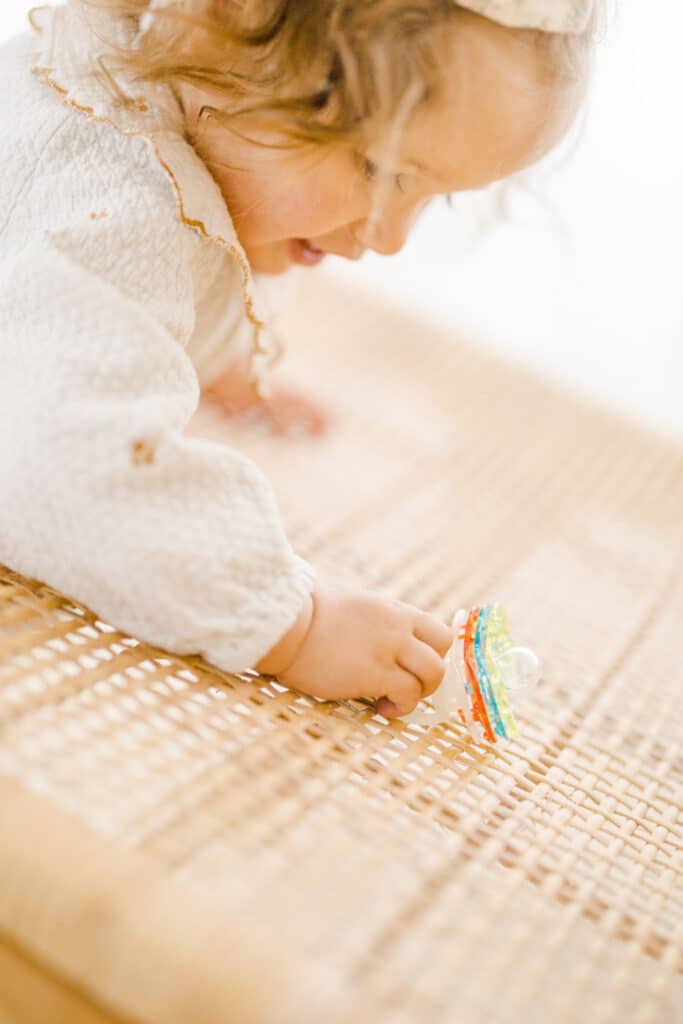
Infection prevention
Dummies can become breeding grounds for bacteria and germs, especially if they are not properly cleaned. This can increase the risk of mouth infections and illness in children. Removing your child’s dummy reduces these risks and contributes to better oral hygiene. What’s more, it can help prevent more serious health problems in the long term.
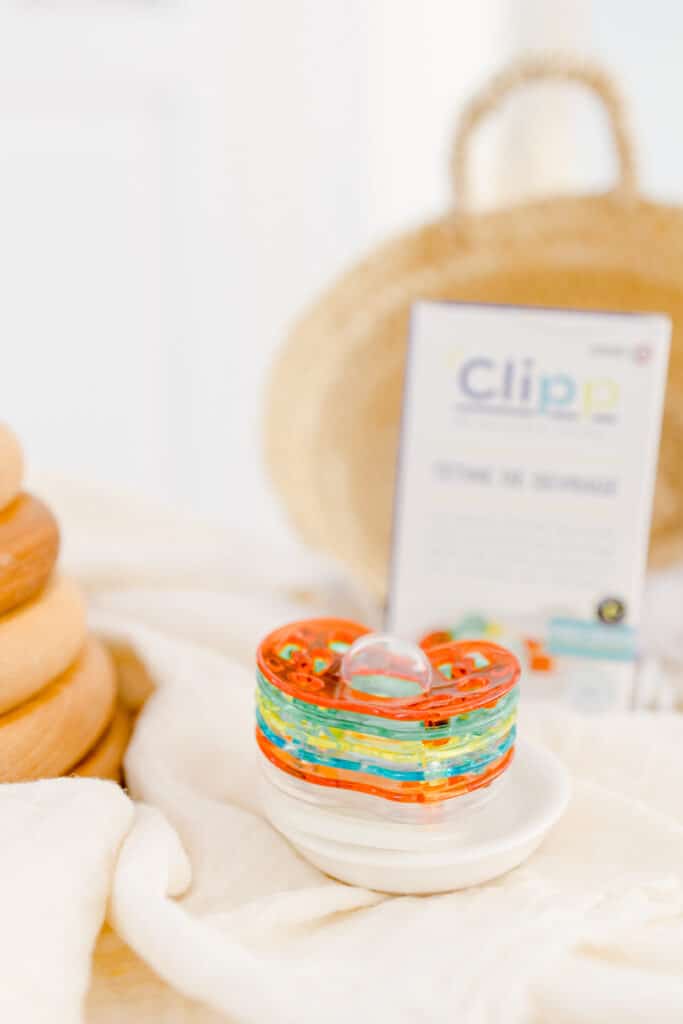
Increased autonomy
Giving up the dummy is a important stage in the development of your child’s independence. It encourages them to find other ways of comforting themselves and managing their emotions, which is an essential life skill. By removing the dummy, parents can help their children become more independent and develop healthier stress management strategies.
Improved sleep
Although dummies can help babies fall asleep, prolonged dependence on them can disrupt sleep patterns over the long term. Children can become dependent on their dummy to fall asleep, which can cause them to wake up frequently and poor sleep quality overall. By removing the dummy, parents can help their children develop healthier sleeping habits and improve the quality of their rest.
Similar articles
A gentle weaning process, even after age 4 Many parents wonder: “My child is over 4 – is it still possible to stop using the pacifier?” It’s a very valid...
My child only uses a round pacifier – they’ll never accept Clipp… What can I do? We hear this concern a lot from parents on our social media:“My child only...
Recommendations from the UBFSBD – the French Union for Oral and Dental Health Dear parents, we feel it is important to remind you of the following information from the Union...


